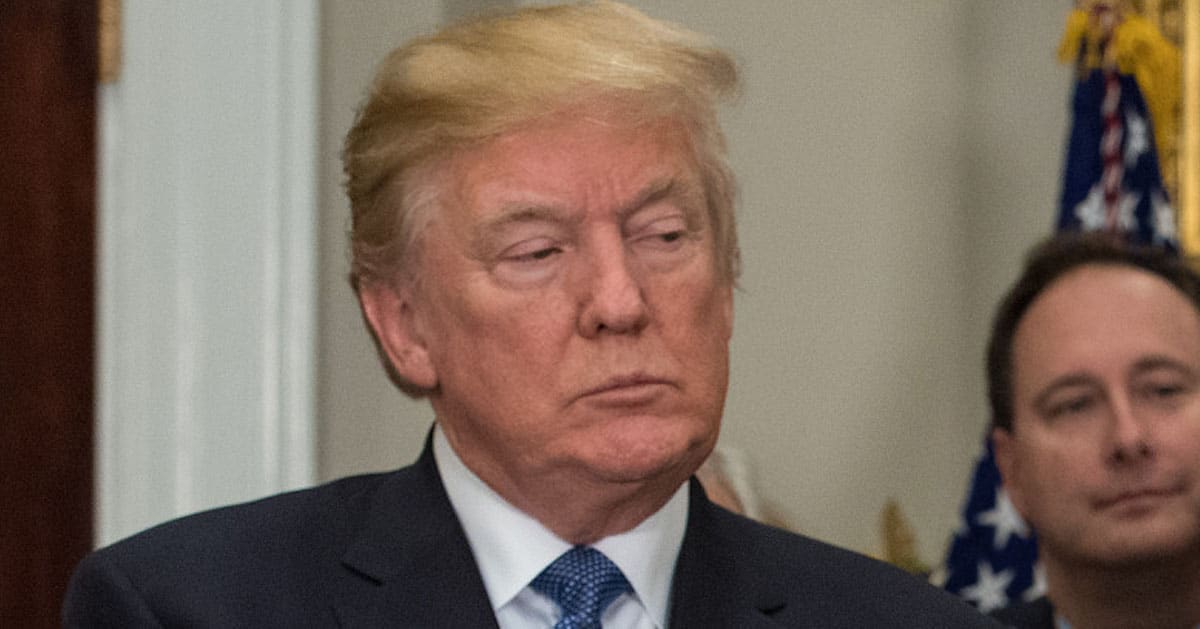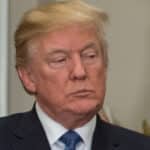



President Donald Trump’s Middle East playbook is rewriting the rules, leaving allies scratching their heads and critics crying chaos.
His rapid-fire diplomatic moves—cozying up to Pakistan, lifting Syria’s sanctions, and backchanneling with Iran—seem like a geopolitical rollercoaster. Yet, beneath the surface, a strategic map emerges, one tied to a grand infrastructure vision.
Fox News reported that Trump’s actions, from Yemen truces to Syria sanctions relief, aim to revive the India–Middle East–Europe Corridor (IMEC), a 2023 G20 brainchild to counter China’s Belt and Road Initiative.
This ambitious project links Indian ports to European markets via Gulf hubs and Israel, promising energy pipelines, digital cables, and logistics networks. It’s a conservative’s dream: free markets outmuscling Beijing’s state-driven sprawl.
Upon returning to the office, Trump vowed no new wars, a promise he’s kept despite the region’s volatility. His Middle East gambits—unpredictable and swift—have confounded Washington’s establishment and rattled allies. The left calls it reckless; supporters see a dealmaker’s instinct at work.
In April 2025, Trump quietly reopened backchannels with Iran to tackle nuclear tensions. This move raised eyebrows, given his hard-line rhetoric. Critics who cheer diplomacy elsewhere label this “inconsistent”—funny how selective their principles are.
By May, Trump brokered a Yemen truce, calming attacks on Gulf shipping lanes critical for IMEC’s success. The deal showcased his knack for pragmatic wins, even if it meant sidestepping progressive calls for endless sanctions. Results matter more than ideology here.
June brought a curveball: after Israeli strikes inside Iran, Trump demanded Iran’s “unconditional surrender.” The sudden hawkishness clashed with his earlier talks, fueling cries of improvisation. But aligning with Gulf partners over Israel hints at a broader strategy.
Trump skipped Israel on his 2025 Middle East tour, a deliberate snub to Prime Minister Netanyahu’s Gaza policies. He’s not drinking the woke Kool-Aid of unconditional alliances. Instead, he’s betting on Gulf-led reconstruction plans for Gaza, signaling a shift toward practical rebuilding over endless conflict.
On May 14, Trump praised Qatar’s Emir Sheikh Tamim bin Hamad Al Thani in Doha, lauding the U.S. military partner’s mediation in Gaza talks.
Qatar’s role as a dealmaker fits Trump’s vision of regional players taking the lead. The left’s obsession with moral posturing misses this realpolitik.
Trump’s lifting of sanctions on Syria’s new leader, Ahmad al-Sharaa, a UAE-backed former Islamist, shocked the Beltway. This wasn’t pandering to progressives—it was a calculated move to stabilize Syria for IMEC’s rail and port plans. Critics clutch pearls, but trade routes don’t run on feelings.
The IMEC, launched in 2023 by the U.S., India, Saudi Arabia, UAE, and EU, was derailed by the October 2023 Gaza conflict.
Hamas’s attacks and Israel’s response halted Saudi–Israel normalization, turned the Red Sea into a warzone, and froze Gulf investments. Trump’s 2025 deals aim to restart this engine of connectivity.
Trump’s White House meeting with Pakistan’s top general, despite India’s protests, underscores Pakistan’s role in securing IMEC’s western flank. Bordering Iran and tied to Gulf militaries, Pakistan is a linchpin for regional stability. India’s complaints sound like elite whining when trade is at stake.
U.S. airstrikes from the USS Harry S. Truman in Yemen’s Sanaa on March 15, 2025, secured shipping lanes vital for IMEC.
Trump’s military resolve contrasts with the left’s hand-wringing over “escalation.” Sometimes, strength is the only language chaos understands.
Trump’s Middle East tour yielded economic deals and Syria sanctions relief, greasing the wheels for IMEC’s revival. His focus on infrastructure over ideology cuts through the fog of woke foreign policy. The establishment’s “experts” sneer, but their track record—endless wars, zero results—speaks for itself.
The region’s risks remain: Iran’s instability, Gaza’s fragility, and Saudi-Qatari rivalries could derail progress. Trump’s approach—deal-driven, not dogma-driven—offers a conservative antidote to progressive overreach. Betting on trade and stability over moral crusades is a MAGA hallmark.



